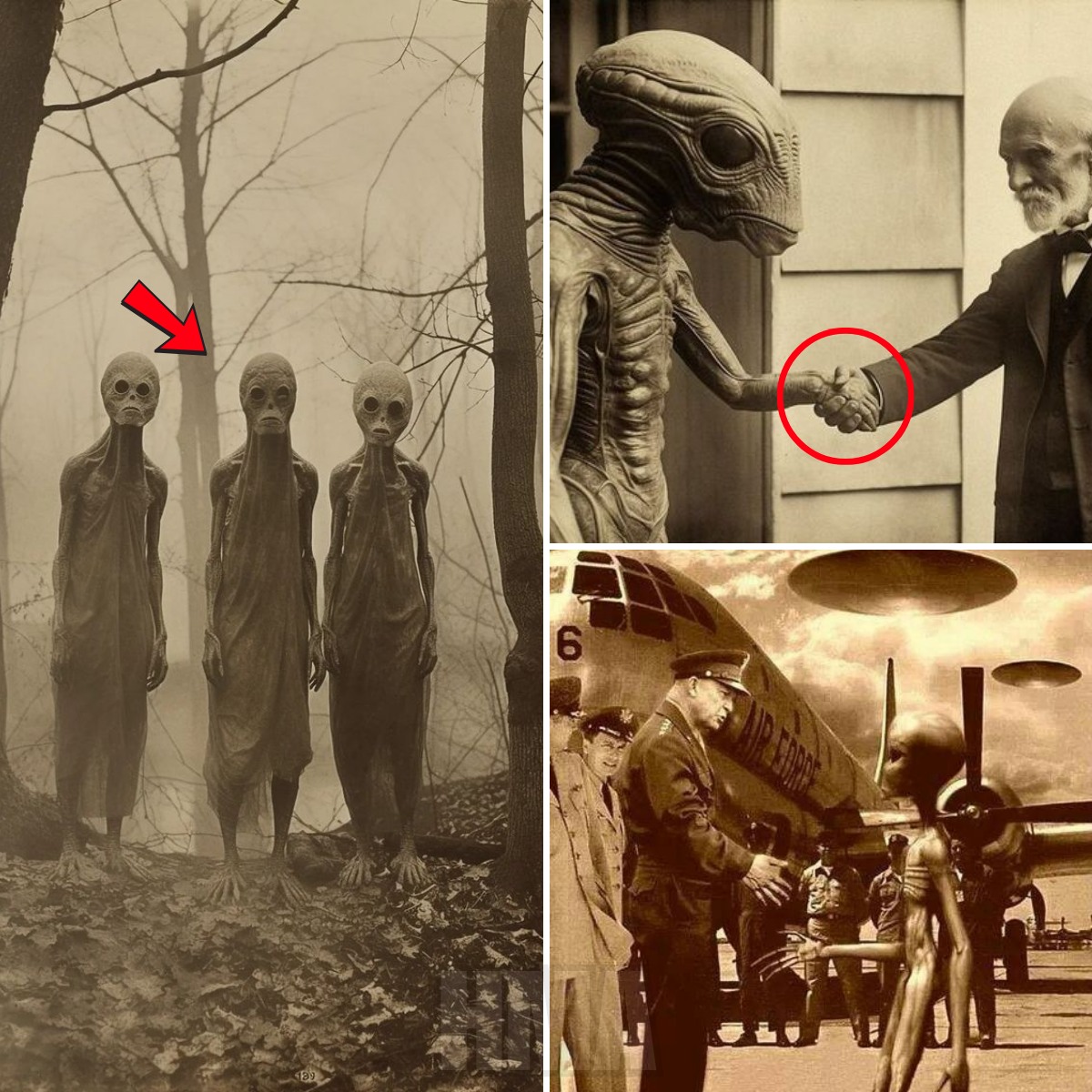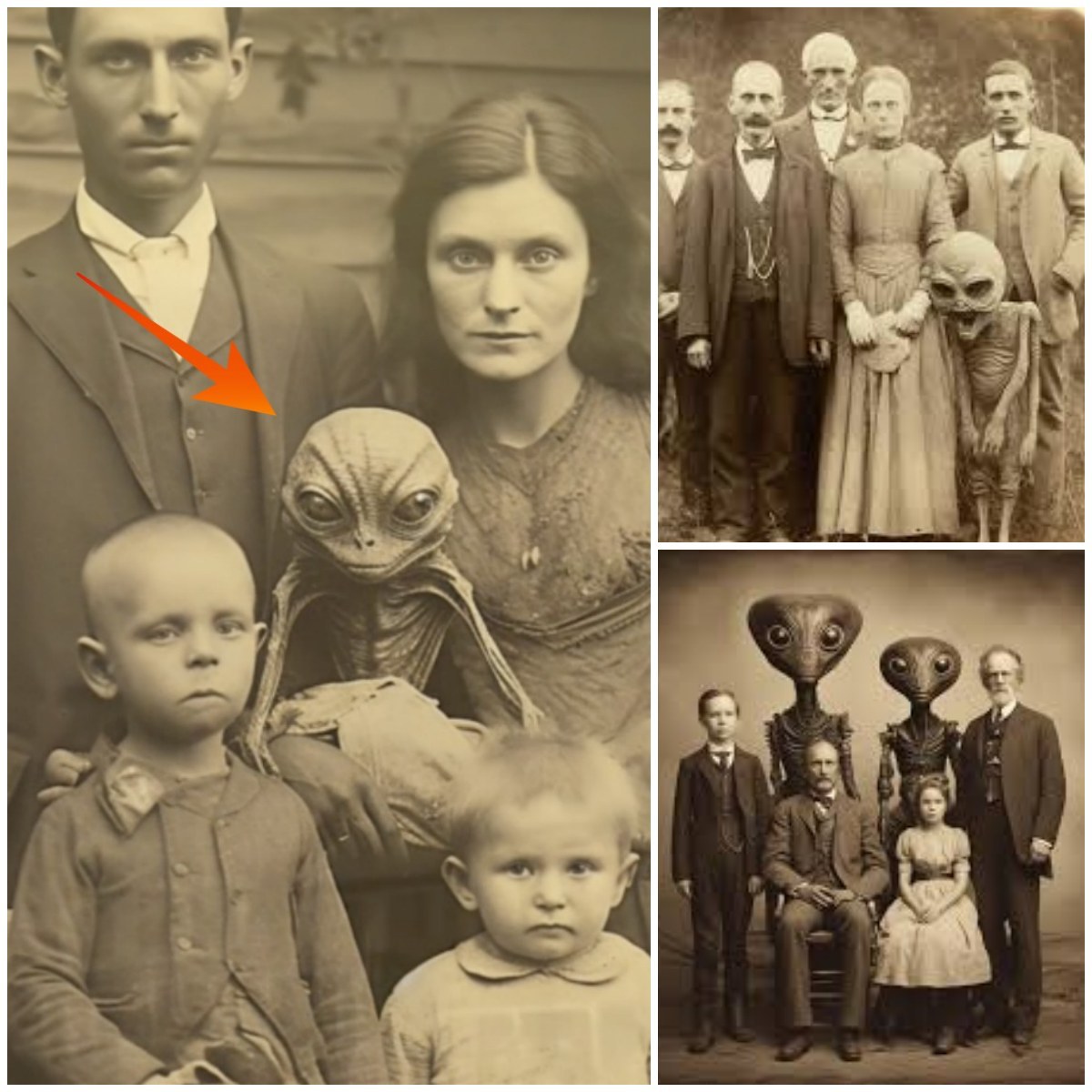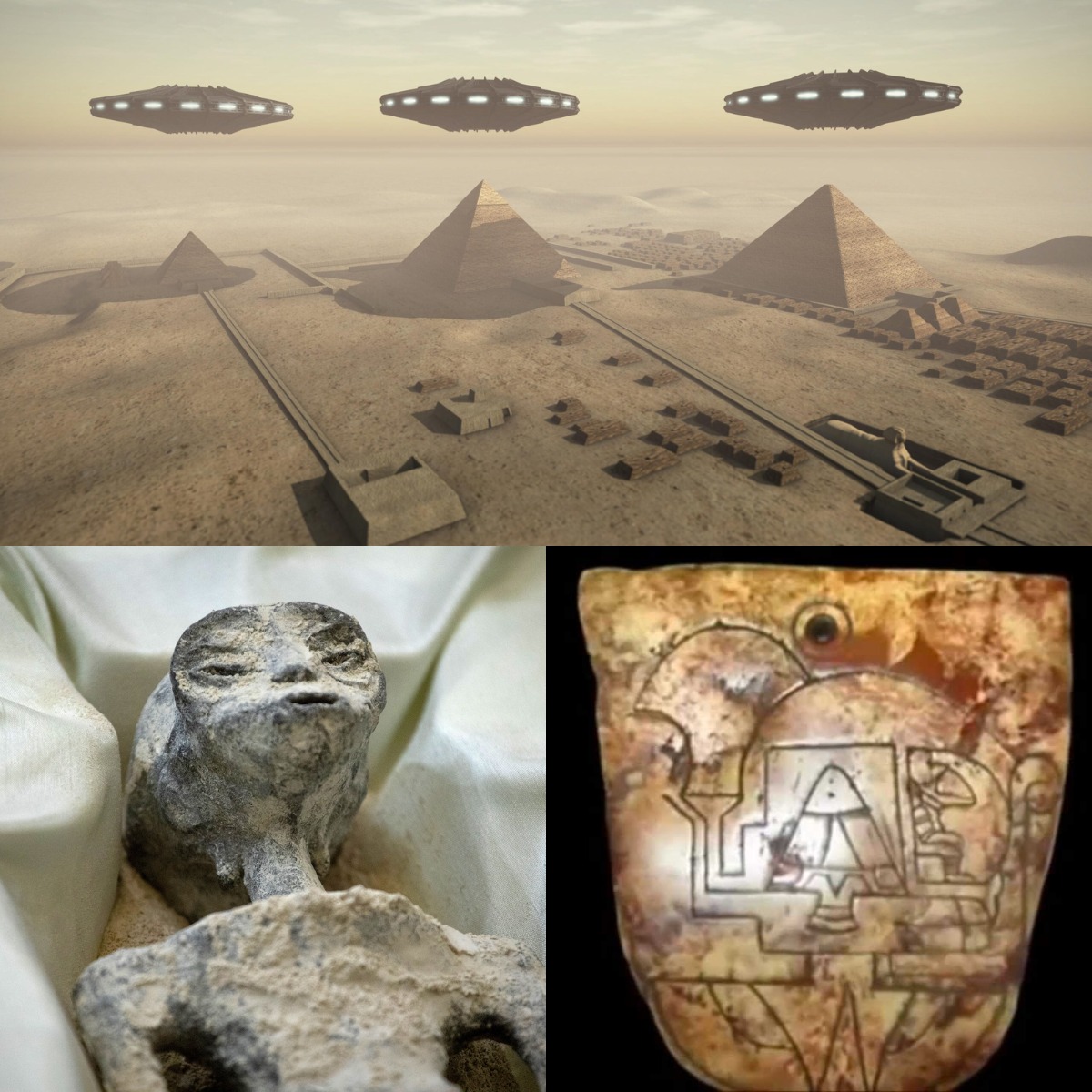Among many ancient civilizations in North and Central America, the Maya and Aztecs are considered to be the most developed ones. But there was one more perfect and the oldest civilization in the region called Olmec thrived from about 1500 BC to about 400 BC. Olmec civilization was the oldest civilization in the history of […]
Among many ancient civilizations in North and Central America, the Maya and Aztecs are considered to be the most developed ones. But there was one more perfect and the oldest civilization in the region called Olmec thrived from about 1500 BC to about 400 BC.
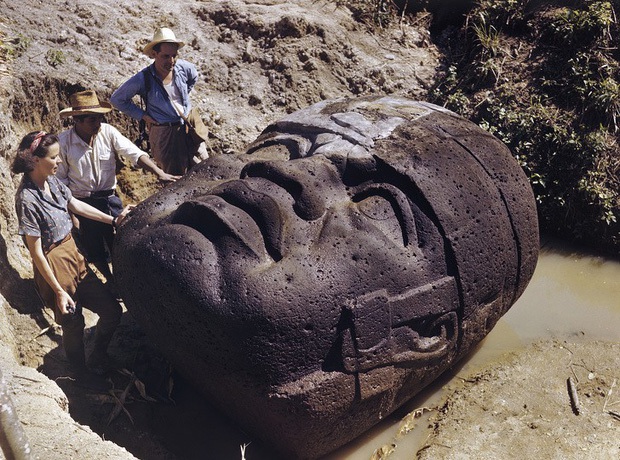
Olmec civilization was the oldest civilization in the history of North and Central America that thrived from about 1500 BC to about 400 BC.
At the beginning of the 19th century, excavations discovered several human-like artifacts that did not belong to either the Maya culture or the Aztec culture. Those statuettes became the first evidence of the existence of the Olmecs.
The word Olmec comes from the Aztec language, meaning rubber people. Most likely, the Olmecs were engaged in the collection and processing of rubber, from which they made shoes for themselves. However, so far not a single wearer of rubber sandals and remains of the Olmec skeleton have been found.
But today, there are a lot of artifacts. Particularly noteworthy are the huge stone heads.
The first giant head was discovered in 1862, but it had not been completely dug up until 1925. It was 2 meters in height with a diameter of 5 meters.
The heads were very heavy, and the largest of them was around 20 tonnes.
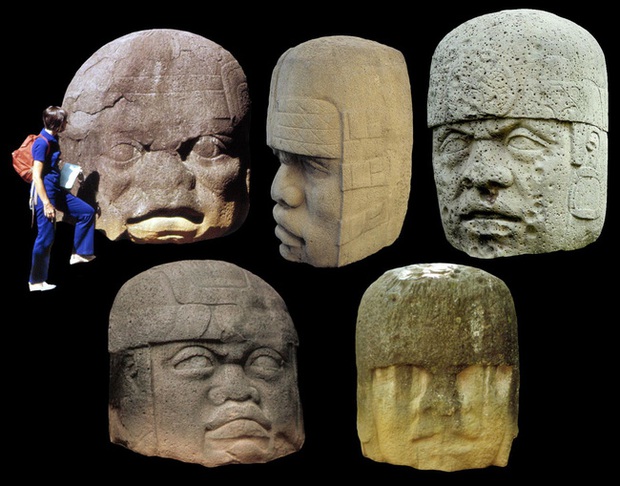
The earliest traces of the Olmecs, dating from about the third millennium BC, are found in the La Venta area. The ancient Indians mastered river estuaries, gradually cultivated maize and beans, and lived in small settlements.
According to researchers, San Lorenzo was the capital of the Olmecs: life there was in full swing for 1,500 years before the beginning of the modern era. The ancient city spreads on a natural plateau, the slopes of which were artificially leveled under terraces on which buildings were located. Archaeologists believe that the city was home to approximately 5000 people.
The settlements of Tres Zapotes and Sin Cabezas (meaning headless) were also discovered.
In addition to the heads, the Olmec culture is represented by pyramids, mosaics, carved steles, jade, and clay figurines, by which one can judge the beliefs of these ancient people. And the main thing they had was the jaguar god: sculptures, masks, and other images of this animal are found everywhere.
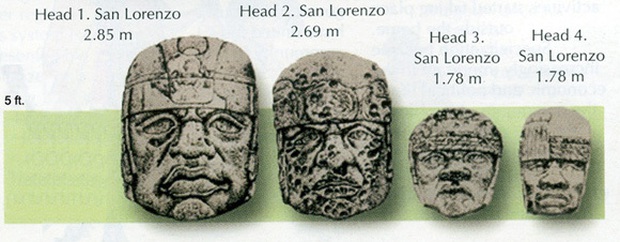
Besides, experts believe that the Olmecs were the founders of the Mesoamerican ballgame and practiced human sacrifice.
Despite the abundance of discovered artifacts, archaeologists have nothing to say about the place where this civilization came from. Traces of its origin and stages of development have not been found, not much is known about the social organization, it is not even clear what ethnic group they belonged to.
The Ancient Olmecs believed to have received divine support. Some of the legends say that “beings that came from the clouds” helped them in building many incredible constructions. Those beings or ancient aliens are known as “Nosoobi.”’
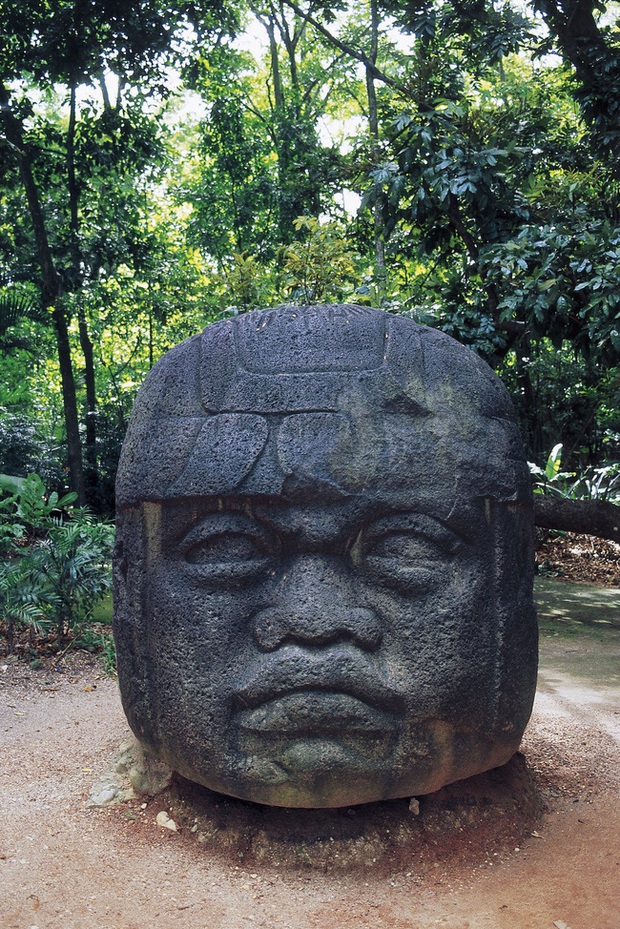
In general, there are some riddles. However, the disappearance of this ancient civilization is also a mystery, as sudden as its appearance. Rational scientists believe that the culture died due to crop failures and frequent volcanic eruptions. But romantics are sure: the Olmecs just completed a mission on this planet and went on.
